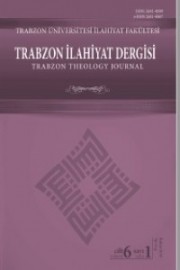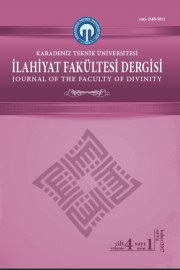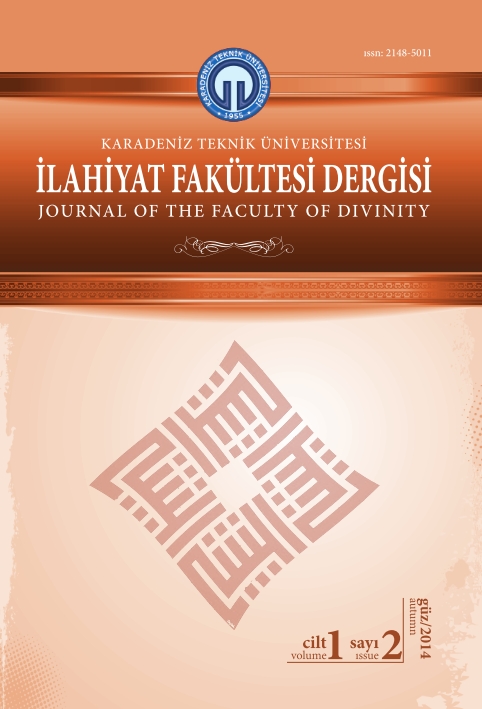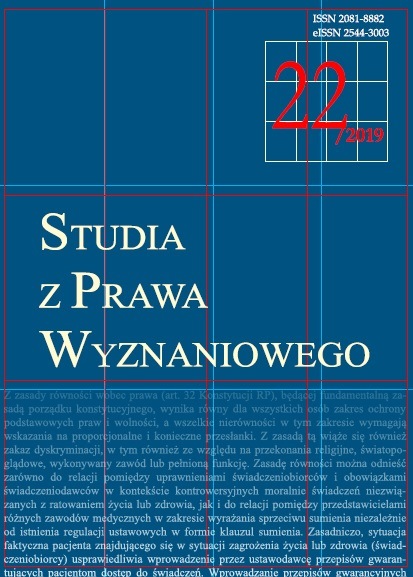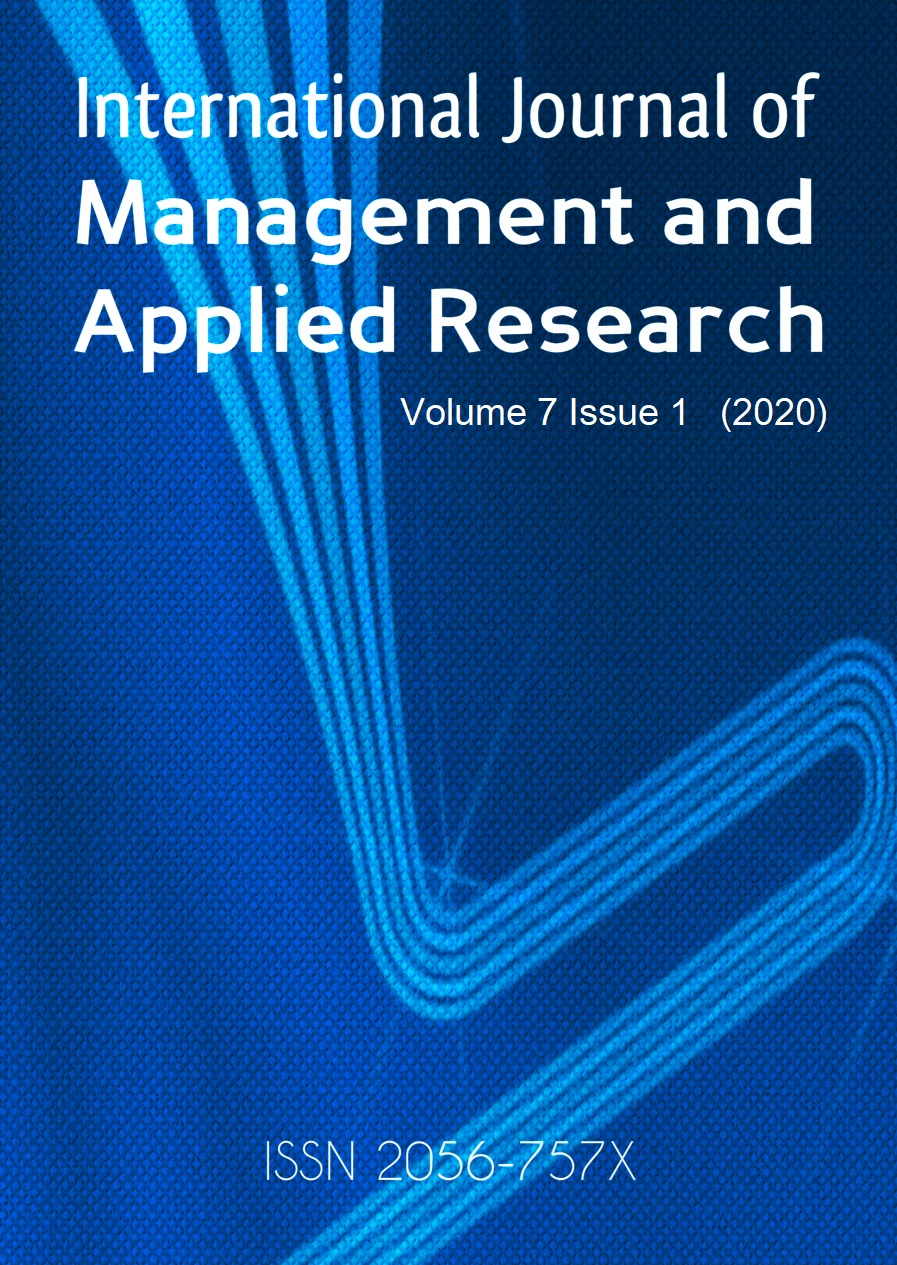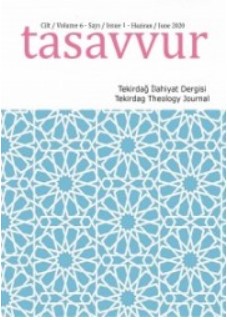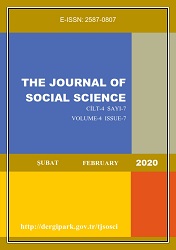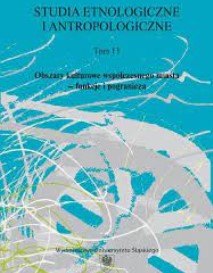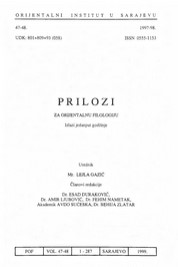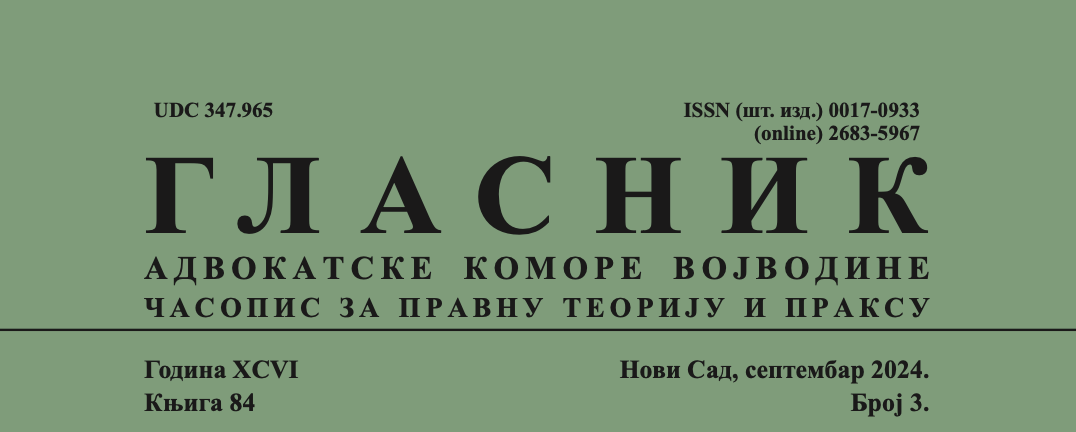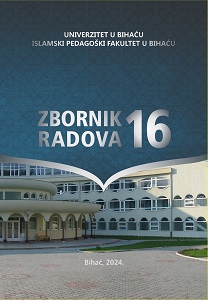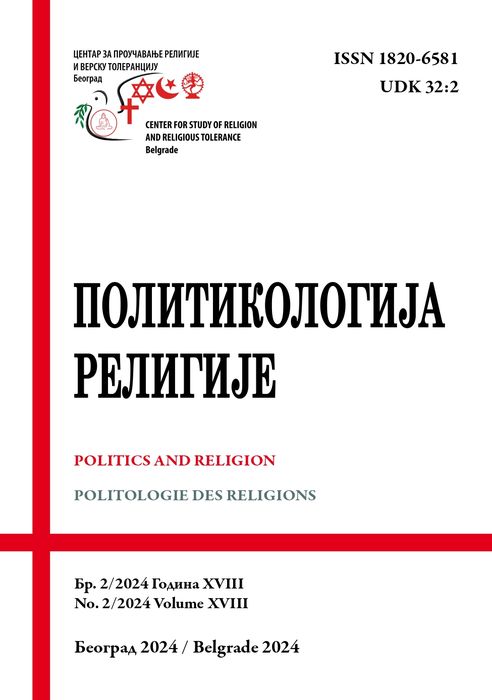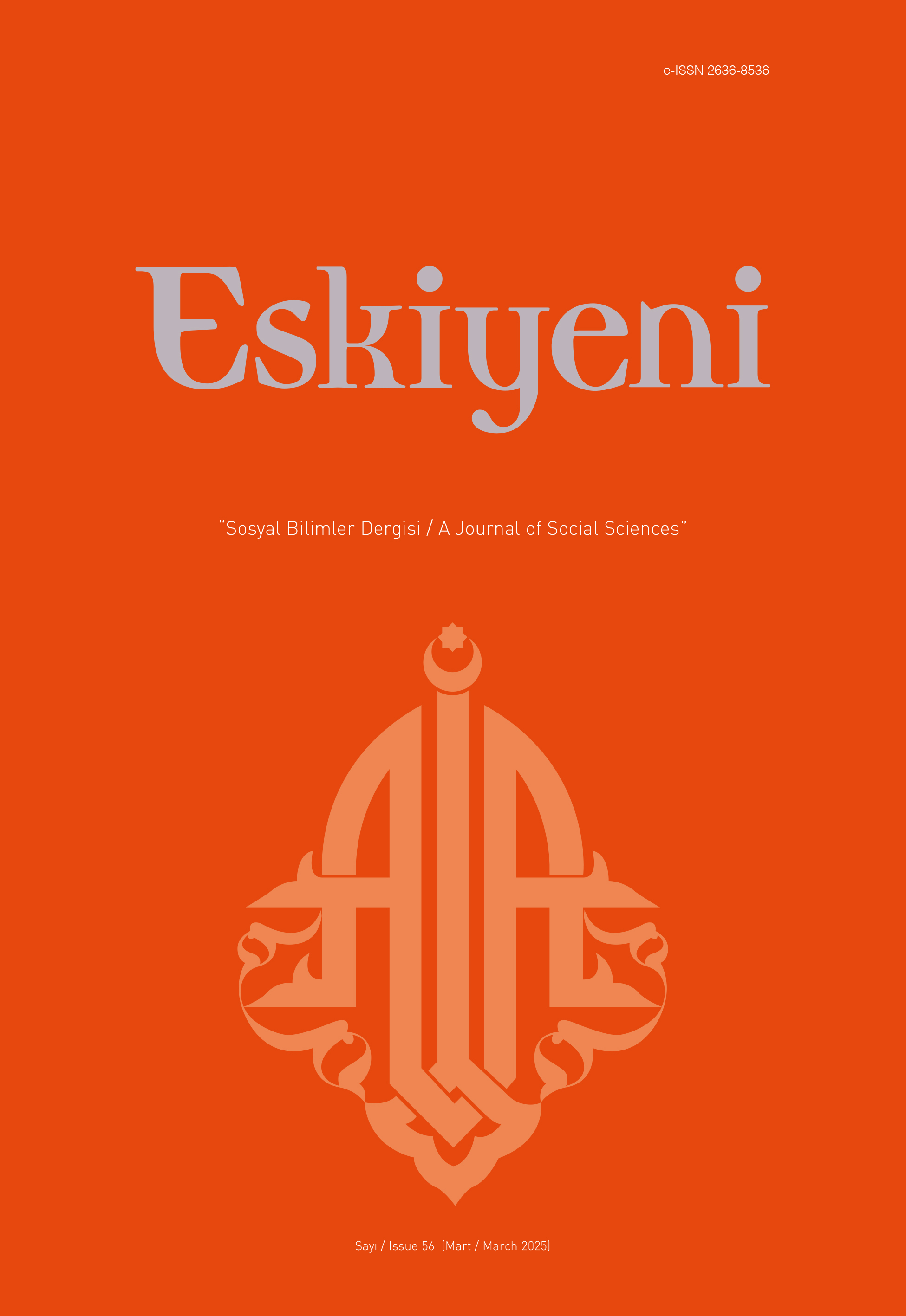Author(s): Hasan Kılıç / Language(s): Turkish
Issue: 56/2025
The chain of prophethood was considered to have been completed with the Prophet Muhammad. However, the Qur'ān makes references to previous prophets in its narratives, thereby alluding to this historical chain. Consequently, certain injunctions relevant to these earlier figures have also been cited. The Qur'ān itself—with similar explanations to be found in the Sunnah—states that some of these rulings have continued, some have been abrogated, while no explicit clarification has been made regarding others. This final category has been examined by jurists, who have examined, deliberating on whether such rulings should be considered or not. The present study is based on the works of jurists from the four Sunni schools of thought as well as scholars of the Zāhirī school from the 4th, 5th, and 6th centuries of the Hijri calendar. In addition, contemporary studies such as books, theses, articles, and encyclopedic entries relevant to the subject have been consulted. A review of classical works reveals that this issue has been discussed under the section of "sources of law" in the books of legal theory (usul al-fiqh). Some scholars of legal theory have considered the laws of previous religious communities as a source of evidence, while others have not. Thus, there exists a scholarly disagreement on the matter. However, it is observed that even those scholars who reject this source still refer to previous religious laws in various legal rulings, albeit under different names—such as by stating that a particular verse or hadith serves as evidence for the ruling—rather than explicitly calling it sharʿ man qablanā (the laws preceding Islam). Both sides support their positions with textual and rational evidence. Particularly regarding textual evidence, each side has tended to highlight the scriptural proofs that support its own stance, arguing that sharʿ man qablanā is more suitable as a source of law, while interpreting the opposing proofs in a way that aligns with their viewpoint. Contemporary studies on this issue have generally adopted a similar methodological approach, favouring one perspective based on the classical scholars' proofs and arguing that their evidence is clearer. In our study, we have examined both the textual and rational proofs of each side. Moreover, given that, since the topic is mentioned in the Qur'ān within the context of prophetic narratives, we have also analyzed it from perspectives such as the significance of these narratives, the necessity of utilizing the Qur'ān's texts as much as possible due to its status as the final divine scripture, the principle of istishab (presumption of continuity), the concept of abrogation (naskh), and the status of rulings that have not been abrogated. The analysis has been conducted, and a conclusion has been reached with supporting justifications. The conclusion is that the view of scholars who consider the laws of previous communities to be binding is more accurate. The fact that scholars who reject this notion cannot entirely dispense with references to previous religious laws in various areas of Islamic jurisprudence supports this conclusion. Consequently, while a theoretical distinction may be posited, a practical convergence emerges between these positions. The presence of references to previous religious laws, particularly in the form of prophetic narratives, in the two primary sources of Islam— the Qur'ān and Sunnah—indicates that these rulings are not subject to abrogation and remain valid. Additionally, considering the significant number of verses related to prophetic stories, it becomes evident that sharʿ man qablanā constitutes an important source for Islamic jurisprudence.
More...
